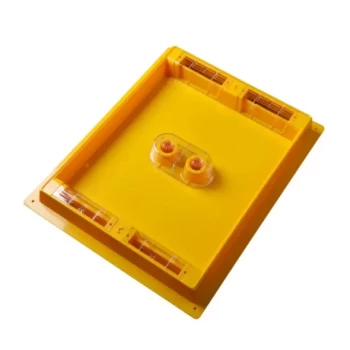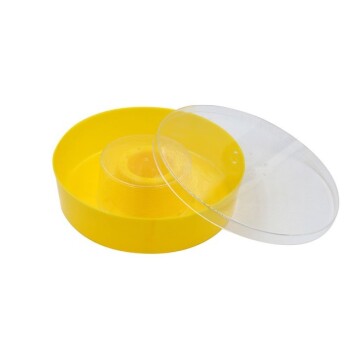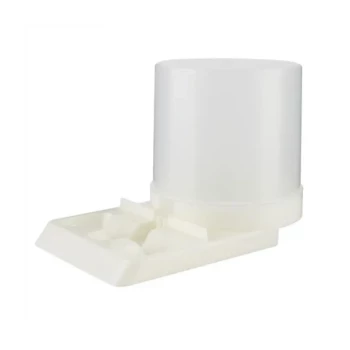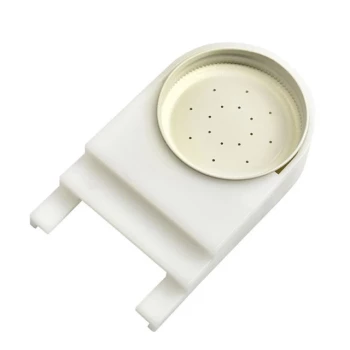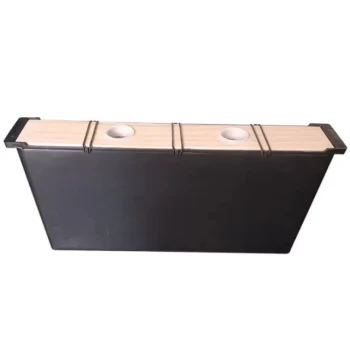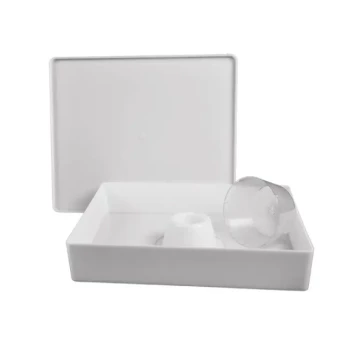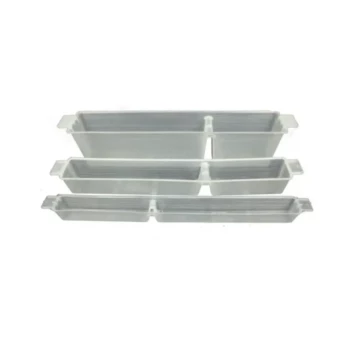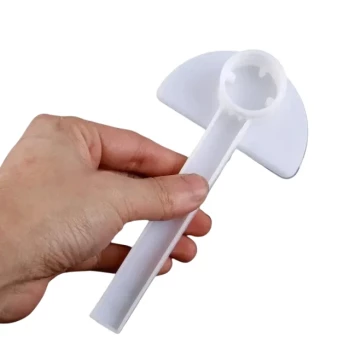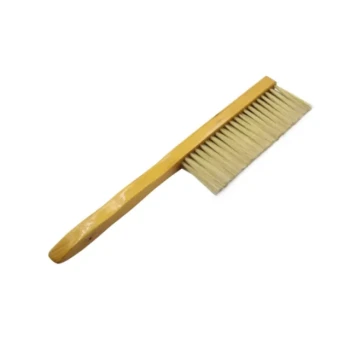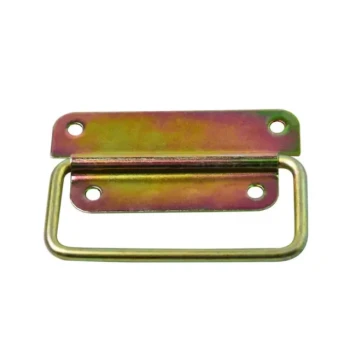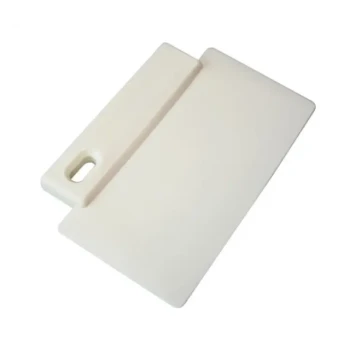In short, feeding bees is necessary when a colony lacks sufficient natural nectar and stored honey to survive, grow, or perform essential tasks. Key situations include establishing a new colony from a package or swarm, preventing starvation during late winter or a nectar dearth, and helping a hive recover after being robbed of its food stores.
The decision to feed a honey bee colony should always be a deliberate intervention. The goal is not to replace natural forage, but to provide critical support to prevent starvation or to help a new or weakened colony establish itself successfully.
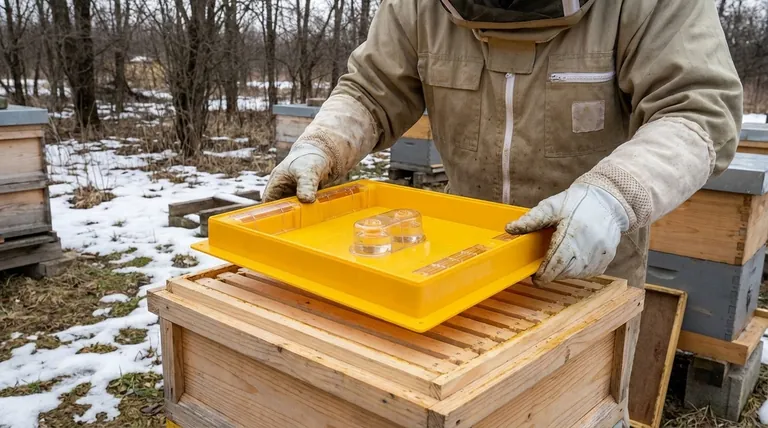
The Primary Goal: Preventing Starvation
The most critical reason to feed bees is to ensure their survival. An established colony can face starvation under several circumstances where their food stores are depleted and natural forage is unavailable.
Late Winter and Early Spring
This is the most dangerous period for starvation. A colony's winter stores may be exhausted, but the weather is still too cold or inconsistent for flowers to produce nectar. A few weeks of supplemental feeding can be the difference between survival and collapse.
Nectar Dearth (e.g., the 'June Gap')
A nectar dearth is any period when blooming flowers are scarce, causing a sudden drop in incoming food. This can happen even in summer, and a strong colony can quickly consume its reserves without this income, putting the brood at risk.
After a Robbing Incident
If a hive has been attacked and robbed by bees from other colonies, it can be left with virtually no honey. Feeding is an emergency measure required to help the bees recover and defend themselves.
Supporting Colony Establishment and Growth
New or small colonies do not have the workforce or the stored resources of an established hive. Feeding is essential to fuel their initial development and help them become self-sufficient.
Installing a New Bee Package
This is the most universally accepted reason for feeding. A package of bees is installed in a new hive with no comb, no brood, and no food stores. They must be fed sugar syrup to give them the energy required to draw out beeswax comb, a highly energy-intensive process.
Hiving a Captured Swarm
Similar to a package, a swarm arrives with only the nectar in their stomachs. They need immediate and consistent food to rapidly build comb, allowing the queen to begin laying eggs and establish the new colony.
Growing a Nucleus Colony (Nuc)
A nucleus colony, or "nuc," is a small, functioning hive that needs to expand into a full-sized one. Supplemental feeding supports their rapid growth, helping them draw out the remaining frames in the hive box.
Understanding the Trade-offs and Risks
While necessary at times, feeding is not without risks. Improper feeding can cause more harm than good and must be approached with a clear understanding of the potential consequences.
The Risk of Honey Adulteration
This is the most significant concern for any beekeeper who intends to harvest honey. If you feed sugar syrup while the bees are actively collecting nectar and storing it in honey supers, they will mix the syrup with the nectar. This adulterates the final product, and it can no longer be legally or ethically called pure honey.
Attracting Pests and Robbers
Spilled syrup or poorly designed feeders can attract ants, wasps, and other pests. More importantly, the smell can incite robbing from stronger, nearby colonies, which can destroy a weak hive.
Making the Right Decision for Your Hive
Your decision to feed should be based on careful observation of your colony's specific needs and your overall goals as a beekeeper.
- If your primary focus is establishing a new colony: Feeding is essential and non-negotiable until they have drawn out sufficient comb and built up their population.
- If your primary focus is managing an established hive for survival: Only feed to prevent starvation in late winter, early spring, or during a prolonged nectar dearth.
- If your primary focus is harvesting honey: You must stop all feeding well before the main nectar flow begins and before adding your honey supers.
Ultimately, feeding is a powerful tool to be used thoughtfully, ensuring your bees have the resources they need when nature falls short.
Summary Table:
| Situation | Why Feed is Necessary | Key Goal |
|---|---|---|
| Installing a New Package | No comb, no food stores. | Provide energy for wax building. |
| Late Winter / Early Spring | Natural stores depleted, no forage. | Prevent starvation before spring flow. |
| Nectar Dearth (e.g., June Gap) | No incoming food, reserves depleting. | Sustain brood and colony strength. |
| Hiving a Swarm or Nuc | Limited resources for expansion. | Fuel rapid comb building and growth. |
| After a Robbing Incident | Hive stripped of honey stores. | Emergency support for recovery. |
Ensure your apiary's success with the right supplies. Proper feeding is just one part of effective hive management. HONESTBEE supplies commercial apiaries and beekeeping equipment distributors with the high-quality, durable tools needed for every situation—from feeders and hive components to protective gear. Let us help you build a stronger, more productive operation. Contact our wholesale experts today to discuss your needs and place an order.
Visual Guide
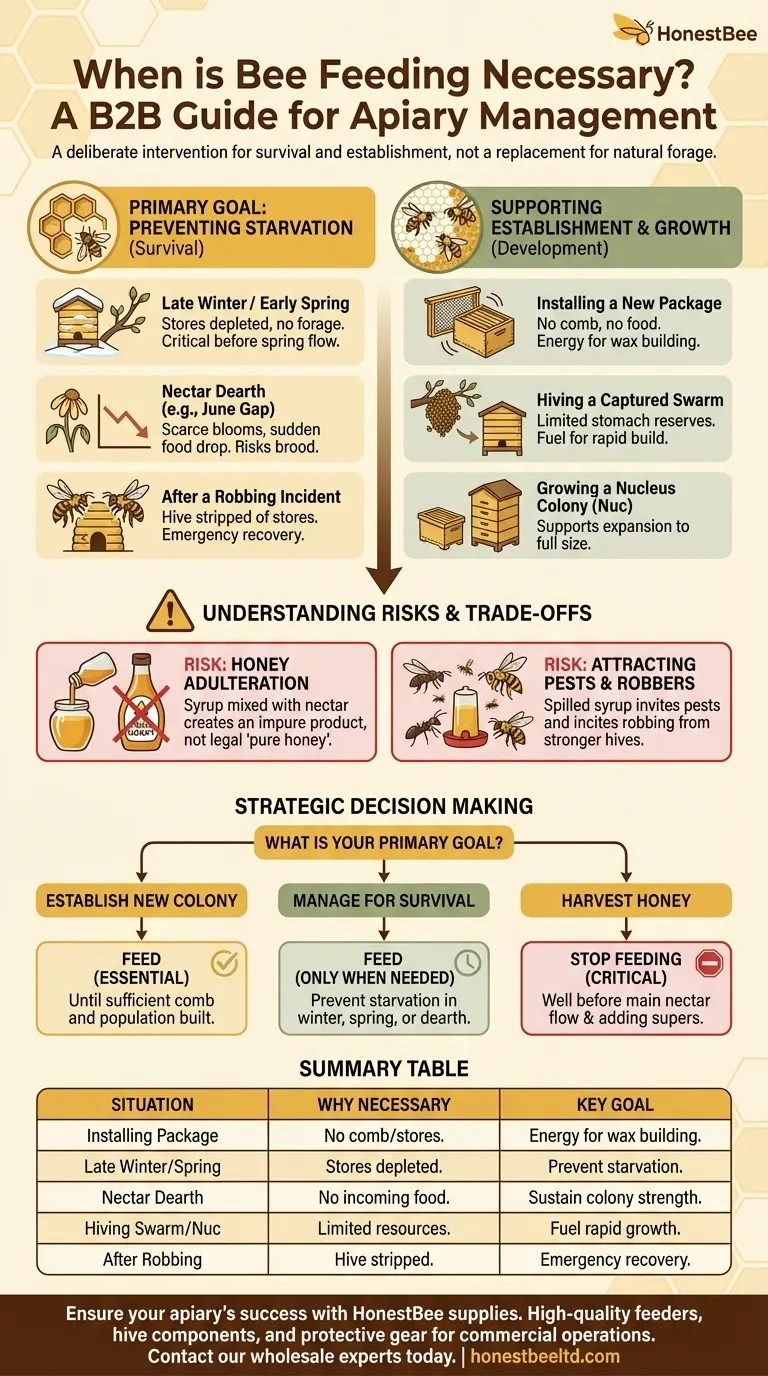
Related Products
- Professional Hive Top Bee Feeder for Beekeeping
- HONESTBEE Round Hive Top Bee Feeder for Syrup
- Rapid Bee Feeder White Plastic 2L Round Top Feeder for 8 or 10-Frame Bee Hives
- HONESTBEE Entrance Bee Feeder Professional Hive Nutrition Solution for Beekeeping
- Classic Boardman Entrance Bee Feeder Hive Front Feeding Solution
People Also Ask
- What types of hive boxes is the round hive top feeder compatible with? Universal Fit for 8 & 10-Frame Langstroth Hives
- Do I need an inner cover with a hive top feeder? Optimize Your Hive Setup for Healthy Bees
- How to use a top feeder in a beehive? A Guide to Effective Beehive Feeding
- What is a top feeder for bees? Maximize Colony Health with Efficient Feeding
- What is the best bee feeder for a hive? Choose the Right Feeder for Your Apiary's Scale
